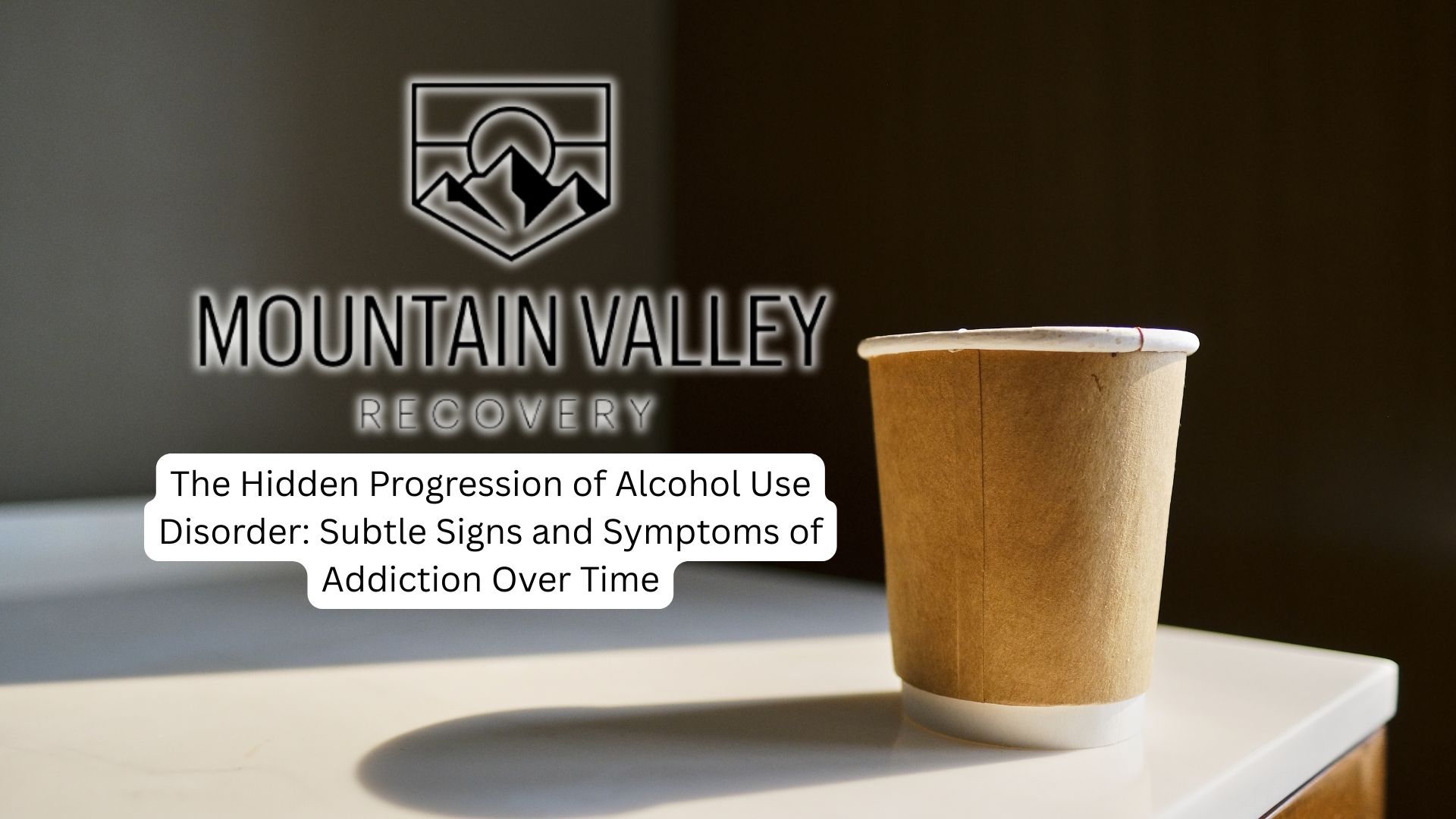Residential rehab programs follow a highly structured routine, not just to stay busy – but to promote healing, stability, and discipline. This structure helps calm the nervous system, reduce anxiety, and retrain the brain after the chaos of addiction. For those in early recovery, routine is a powerful tool for preventing relapse and building new habits.
In this article, you’ll discover what a typical day in residential rehab looks like and how each part of the schedule supports lasting recovery and personal growth.
Morning Wake-Up and Personal Care Routines
Residential rehab days begin early – typically between 6:00 and 7:00 AM – to rebuild self-discipline and promote responsibility. Residents complete basic tasks like making beds, tidying up, and personal hygiene to restore routine and accountability.
At the inpatient treatment program in UT we offer at Mountain Valley Recovery, our team provides structured support for men to start their day with focus and purpose. Morning meds are administered by licensed staff to ensure safety and address any emerging physical or emotional needs. Room checks before breakfast help reinforce consistency and respect for the recovery environment.
Breakfast and Medication Management
Nutrition is a crucial part of recovery, especially for individuals whose bodies have been depleted by substance use. Breakfast is served in a communal setting, typically between 7:30 and 8:30 AM, and is designed to be balanced, nourishing, and stabilizing. Meals often include lean proteins, complex carbohydrates, fruits, and hydrating beverages – foods that fuel not just physical recovery but also mental clarity.
For many residents, this morning meal becomes more than just sustenance – it’s an opportunity to connect with peers, practice social skills, and begin the day grounded in community support. Those with dietary needs or restrictions are accommodated, reinforcing the message that recovery is personalized and dignity-based.
Group Therapy Sessions and Processing Time
Group therapy is a cornerstone of residential rehab, typically beginning around 9:00 AM. These sessions, led by licensed therapists, include 8–12 participants and cover key topics such as relapse prevention, coping strategies, trauma recovery, and cognitive-behavioral techniques. Each 90-minute session fosters shared learning, accountability, and emotional growth in a supportive, structured setting.
After group therapy, residents are given time to process what they’ve learned through journaling, mindfulness, or quiet reflection. This intentional pause helps prevent emotional overwhelm and encourages deeper integration of therapeutic insights.
Individual Counseling and Specialized Treatment
Residents meet individually with therapists at least twice weekly to address personal history, trauma, and co-occurring mental health issues. Individualized care plans may include trauma-focused therapies (such as EMDR), cognitive-behavioral therapy for depression or anxiety, and dialectical behavior therapy for emotional regulation.
Specialized interventions are provided for eating disorders, PTSD, or other dual diagnoses.
Physical Fitness and Recreational Activities
Physical activity is integrated into the daily schedule, with exercise sessions such as yoga, swimming, hiking, or gym workouts. Afternoon recreational therapy may include art, music, or team sports. These activities are not merely diversions—they support stress management, mood regulation, and physical health, all of which are linked to improved recovery outcomes.
Outdoor adventures and experiential therapies like rock climbing or equine therapy may also be included, building confidence and resilience.
Through recreational and expressive activities, individuals build confidence, strengthen resilience, and develop meaningful coping skills – all within a supportive, recovery-focused environment.
Educational Workshops and Life Skills Training
As you progress through treatment, you’ll attend workshops that teach practical skills for maintaining sobriety in the real world.
Daily workshops teach practical skills for life after rehab. Topics include budgeting, job readiness, resume writing, stress management, communication, and conflict resolution. Nutrition classes teach meal planning and healthy cooking, while computer literacy workshops ensure you’re equipped for today’s job market.
Many facilities offer vocational training or help you pursue GED completion. You’ll practice time management, develop organizational skills, and learn how to establish healthy boundaries in relationships.
These workshops typically run 60-90 minutes and occur daily, giving you concrete tools to navigate challenges without turning to substances once you leave treatment.

Evening Meetings and Peer Support Groups
Evenings in residential rehab focus on connection and reflection. Residents join peer-led or therapist-guided groups – often following 12-step or alternative models – to share struggles, celebrate progress, and offer mutual support.
These sessions build trust, accountability, and community among young men on similar recovery journeys. Specialized groups may also address topics like trauma or grief, creating space for deeper healing and long-term growth.
Nighttime Reflection and Lights Out Procedures
When evening meetings conclude, residents transition into personal reflection time before the structured lights-out schedule begins. They typically have 30-60 minutes for journaling, meditation, or quiet reading inside their room.
Many facilities encourage patients to document their daily progress, emotions, and recovery insights during this period. Staff members conduct room checks around 9:30 PM to ensure everyone’s settled and address any concerns.
Residents need to turn off electronic devices and prepare for sleep as most rehabs enforce lights out between 10:00-11:00 PM, depending on the facility’s policies. This consistent bedtime routine helps regulate sleep patterns, which is crucial for physical healing and emotional stability.
This way patients find that adequate rest significantly improves your ability to engage in tomorrow’s therapeutic activities and maintain focus throughout your recovery journey.
The Value of a Structured Daily Schedule
The highly structured schedule in residential rehab is designed to:
- Restore healthy routines and self-care habits disrupted by addiction.
- Provide intensive therapy and support in a safe, predictable environment.
- Foster skill-building for life after treatment.
- Encourage peer connection and accountability.
- Support physical and emotional healing through exercise and reflection.
Final Thoughts from Mountain Valley Recovery
Without structure, addiction thrives – disrupting routines, weakening motivation, and creating chaos in daily life. Many young adult men struggling with substance use lose their sense of purpose and stability, making it harder to recover and stay sober long-term.
A structured daily routine is essential to breaking that cycle as it builds accountability, emotional regulation, and healthy habits that support lasting change. At Mountain Valley Recovery, our long-term residential treatment program for men in Utah offers exactly that—a safe, supportive environment where men can reset their lives. Through consistent schedules, evidence-based therapies, and experiential activities, we guide clients toward deep, transformative healing and a renewed sense of direction.





